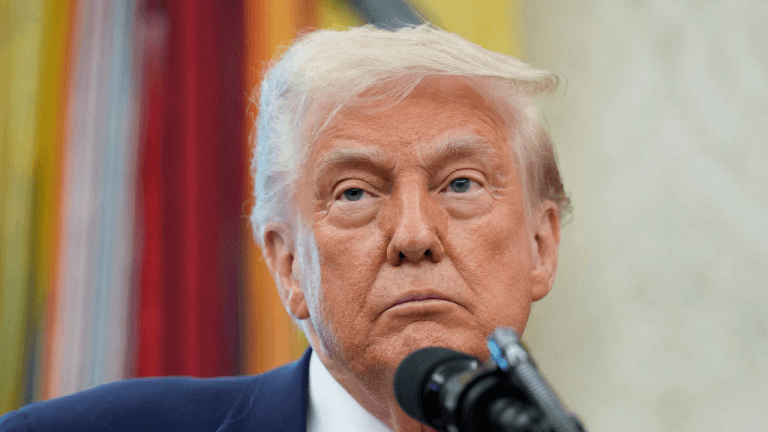India’s New Crypto Policy: Cryptocurrency Policy Discussion Paper by September


The post India’s New Crypto Policy: Cryptocurrency Policy Discussion Paper by September appeared first on Coinpedia Fintech News
India is all set to gear up its crypto policy! India plans to release a significant discussion paper on its cryptocurrency policy by September. The paper will outline the country’s stance on digital assets and solicit feedback from stakeholders to shape future regulatory actions. So far there are no laws and crypto enthusiast expects softer crypto rules. Taking lessons from Hong Kong, Dubai, and Singapore on regulations, will India be able to tap into this multi-million dollar industry?
Role of the Inter-Ministerial Group
According to the report, Ajay Seth, Economic Affairs Secretary, stated that the discussion paper will present the key issues surrounding cryptocurrencies and invite stakeholder input. This approach is intended to foster a broad consensus rather than immediately implementing comprehensive legislation.
An inter-ministerial group is spearheading the policy formulation, comprising members from the Reserve Bank of India (RBI) and the Securities and Exchange Board of India (SEBI). The RBI has expressed reservations about legitimizing cryptocurrencies due to concerns about macroeconomic stability risks. In contrast, SEBI is open to regulating digital assets and believes that oversight should be managed by multiple authorities.
Key Points
The key point here is that last year in September Mr Seth said India would decide its crypto policy stance in “the coming months.” It’s been nearly 10 months since. Importantly, Seth’s latest interview does not suggest a commitment to regulating crypto through comprehensive legislation but instead, a position based on stakeholder consensus on the matter.
This means if RBI and other opposing stakeholders win the day in consensus-building efforts then India’s crypto policy stance will remain unchanged and no legislation will enter parliament.
Current Regulatory Scenario
At present, India does not have a comprehensive crypto regulation. The existing framework focuses on anti-money laundering (AML) and electronic funds transfer (EFT) compliance. Crypto entities are required to register with the Financial Intelligence Unit (FIU-IND) to adhere to international standards set by bodies like the Financial Action Task Force (FATF).
What Next?
The discussion paper will address whether additional regulatory measures are necessary beyond the current AML and EFT requirements. Seth mentioned that India is considering global perspectives on crypto regulation, especially in light of its presidency of the Group of 20 (G20), which has emphasized consensus-based global crypto rules.
This move is expected to provide clearer guidelines for the cryptocurrency industry in India and reflect a more informed and balanced approach to digital asset regulation.

